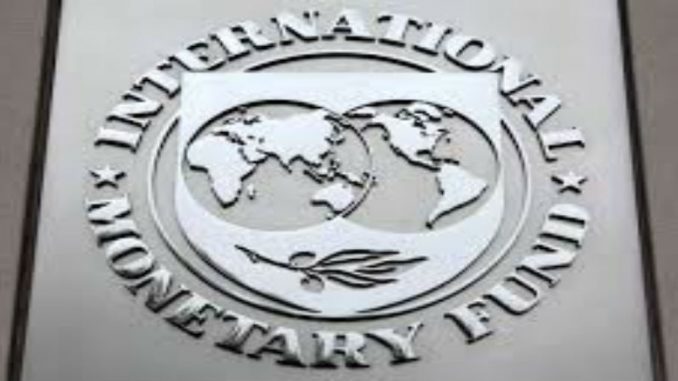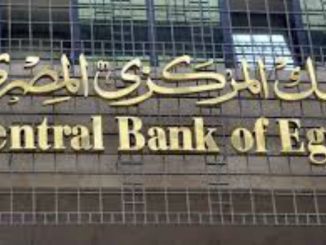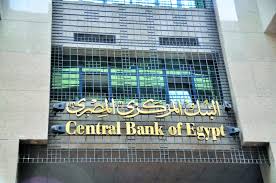
The International Monetary Fund has lowered 2016-2017 growth forecast for Egypt to 3.5%.
Egypt’s economy will grow by 3.5 %during the 2016-17 financial year,as said by the IMF, lowering the 4 % forecast it made in a report last year.
In fact, the IMF agreed to provide Egypt with a three-year, $12 billion loan as part of the economic reform programme last year that includes levying new taxes and cutting energy subsidies.
The IMF said in its World Economic Outlook, in which it raised its overall global growth forecast, “In Egypt, comprehensive reforms are expected to deliver sizable growth dividends, lifting growth from 3.5 %in 2017 to 4.5 %in 2018.”
However, the 2017 figure, which refers to the 2016-17 fiscal year ending in June, is lower than what the international lender had expected in a report around the time Egypt accepted the loan. It is also a drop from the 4.3 %the North African country recorded in 2015-16.
The report did not provide a reason for the downward revision.
Egypt has taken extreme measures to revive its wrecked economy that undergoes one of its harshest crisis in the its history.
The economic conditions deteriorated in an unprecedented way under al-Sisi’s rule.
Tourism and foreign investments, the two sources for foreign currency, have declined as a result of political instability and lack of security.
The withdrawal of the two main sources of foreign currency led to a severe shortage in foreign currency.
As a result, the Egyptian pound rate has fallen compared to the US dollar and the black market flourished on the currency expense and led to inflation.
Last November, the International Monetary Fund’s executive board approved Egypt’s request to secure $12 billion loan facility after Egypt met its requirements.
On August 30 Egypt started its first steps towards the loan when Egypt’s parliament approved a long-awaited law introducing a value-added tax (VAT) of 13 %, rising to 14% in the next fiscal year.
On November 3, the Central Bank of Egypt floated the Egyptian pound and gave up trying to peg the currency to the US dollar allowing it to devalue by almost half.
On November 4, Egypt took another unprecedented decision, which has always been abandoned by former leaders in fear of public unrest, to cut subsidies for fuel leading to jump in prices.
Since Egypt floated its currency in November, it has been hit by soaring inflation.
Urban consumer inflation hit 30.9 % year-on-year in March, its highest in decades.



